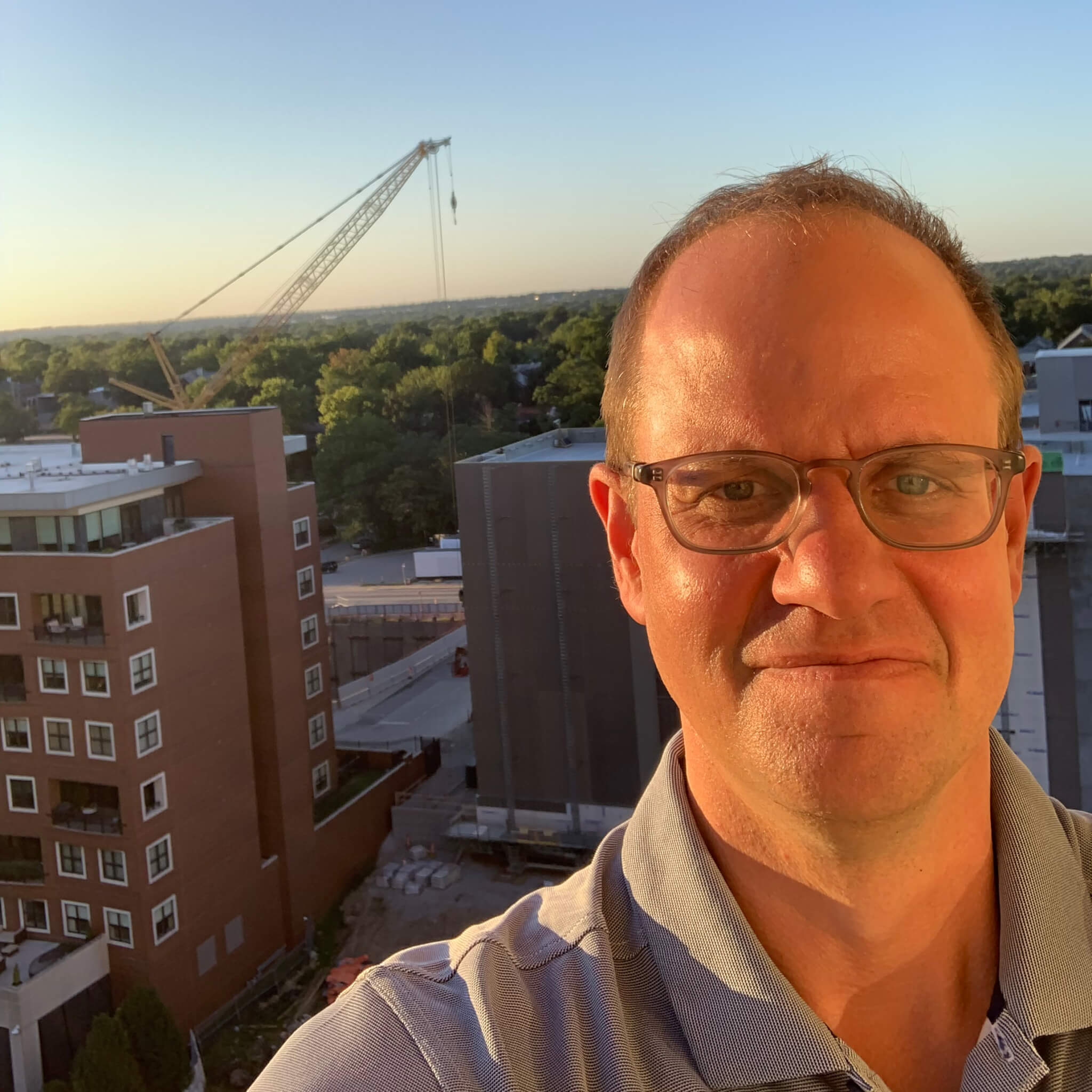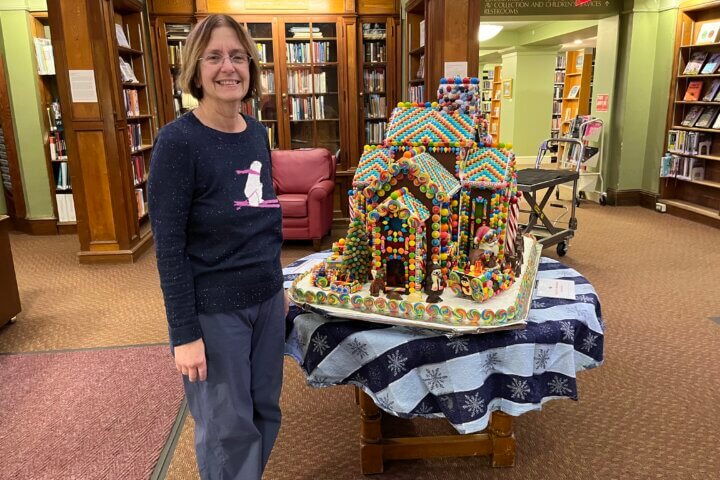“Housing is one of the fundamental issues, when you think of diversity, equity, and inclusion [DEI] in Concord,” said Josh Lee, co-chair of the town of Concord’s DEI Commission. “The defeat of Thoreau Depot at Town Meeting led me to fill out a volunteer card” to apply for membership on the commission.
Lee was referring to the Thoreau Depot rezoning article at the May 2022 Annual Town Meeting. The article would have provided for more housing choices and housing for a diversity of residents. It would have allowed mixed-use or “smart growth development” in the Thoreau Depot Business District. The article, consideration of which was delayed until the second night of town meeting, was defeated by a narrow margin of 305 in favor to 366 against
“There was a confusing counter argument,” said Lee. “I was really disappointed to see how many of my townspeople see the world. Accessible affordable housing is so crucial for making this a more diverse town. When you think of all the people who make the town function, —nurses, teachers, gardeners, and retail workers — none of them can afford to live in the town.”
Zoning is an important tool for municipalities to create, maintain, or limit housing options: it can create or deny access to a community.
“In the mid-1950s, Concord revised its zoning code to establish a one-acre lot minimum and limit new construction to single family detached homes,” said Lily Geismer, author of “Don’t Blame Us: Suburban Liberals and the Transformation of the Democratic Party.” Geismer was a speaker at the League of Women Voters of Concord-Carlisle’s DEI forum on Land Use, Zoning & Housing in October. “This became a barrier to new construction, including multi-family housing and mass-produced homes. It insured Concord was attractive and did not look like a typical post war suburb, but it also became quite exclusive.”
Geismer noted that in the 1950s and 60s, the state and federal governments stepped up their preservation efforts in Concord with the creation of Walden Pond State Reservation and Minute Man National Historical Park. The Town of Concord also started purchasing land for conservation. By the late 1960s, over one-quarter of the total acreage of Concord was state, federal, local, or privately owned conservation land.
“It sets up larger issues in effort to address issue of affordable housing,” Geismer said. “These policies were not just aesthetic. The town of Concord recognized that buying a lot of land was a bargain or investment saved the town a lot of services if you did not have multi-family [housing].“
Geismer said Concord was not alone in its zoning practices in the 50s. Other suburban communities in the Route 128 belt also used zoning to restrict the housing boom in their towns. By the 1960s, Fair Housing laws were in effect, and a group of Concord citizens became committed to opening up Concord to minorities and low-income individuals.
Today, Concord’s newly created DEI Commission is one of the sources of political will to make Concord more accessible for all people along the socio-economic spectrum.
The Commission has reviewed the Town’s updated Housing Production Plan through a DEI lens and offered some bullet points, for example:
“Local workforce, including those in education and public service, find it cost-prohibitive to live in the Town in which they serve. This scarcity of affordable housing results in a lack of diversity that would enrich the community with cultural, intellectual, and practical dividends.”
And, “Prioritize affordable family housing to promote diversity, including socioeconomic diversity, age diversity, racial diversity, and non-traditional families. Advocate for a meaningful number of units with three or more bedrooms to be balanced with any assisted living developments so that affordable housing efforts don’t simply reinforce an already disproportionately large demographic.”
On December 19, the Select Board will review and vote on the final draft of the Housing Production Plan, a roadmap to guide the town on how to meet its housing needs.
The Select Board will also meet with the DEI Commission to discuss the Commission’s initial recommendations to the town.
“We’ll preview items that we are starting to coalesce around so far,” said Lee. “Such as, using the DEI survey as an ongoing progress tool; a full-time DEI director for the town; an incident reporting system for the schools and the town at large that would be a formalized process, an honest and transparent system for taking action and reporting back; a DEI resource guide, a resource for town employees; training in DEI for town personnel; and a series of implementation teams, around housing, schools, public services, and town work force.”




